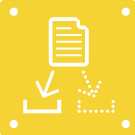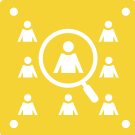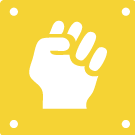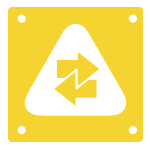
Use Only As Directed
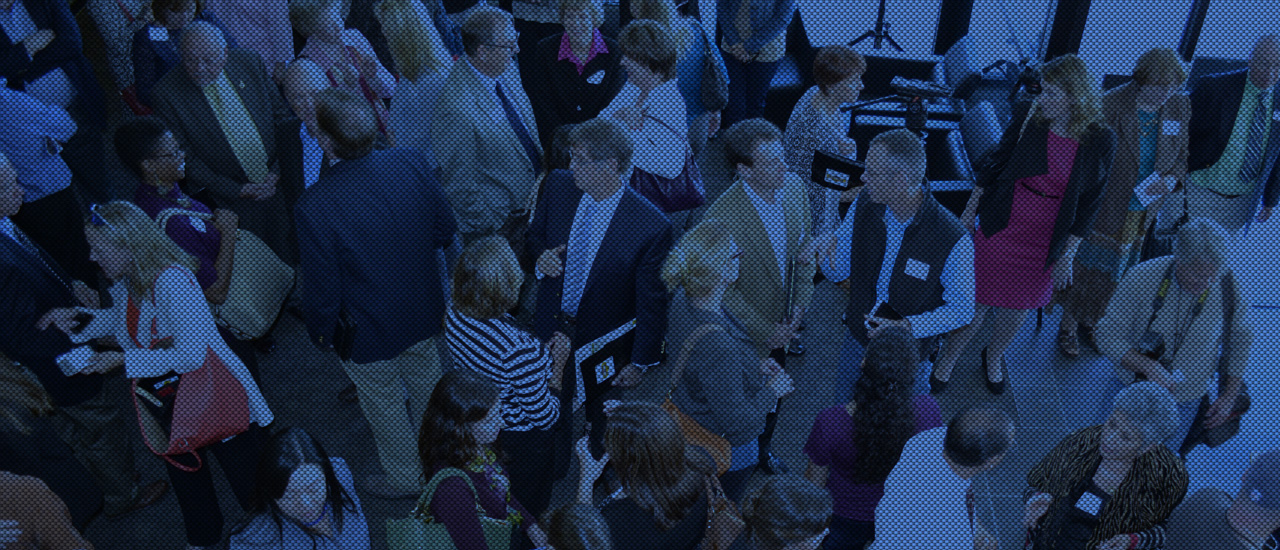
I am concerned that surveillance programs are becoming too aggressive. I understand that national security and criminal activity may justify some exceptional and narrowly-tailored use of surveillance. But that is all the more reason to safeguard human rights and fundamental freedoms.
Placing limits on the use of surveillance technology will not only help to protect civil liberties, it will assure that community resources are being used both efficiently and for their intended purpose.
The first step is to determine when surveillance should be used. Any policy that regulates a surveillance system should clearly list the situations in which its use is authorized. Any new use of the system should be brought before local government for debate. Listing prohibited uses alone is ineffective because it leaves open the possibility that agencies will find new uses that are not written into the policy and that would not have to be publicly debated or approved. Any use of the system that is not authorized should be banned, as should any potentially unconstitutional use of surveillance.
The next step is to create official processes for the use of surveillance technology. This will help to limit the use of a system to specific individuals for a specific purpose. Safeguards against abuse should be built into the process. Requiring a warrant before authorizing the use of a surveillance system not only helps to protect civil liberties, it also ensures that anything found through the authorized use of surveillance can be used in court.

